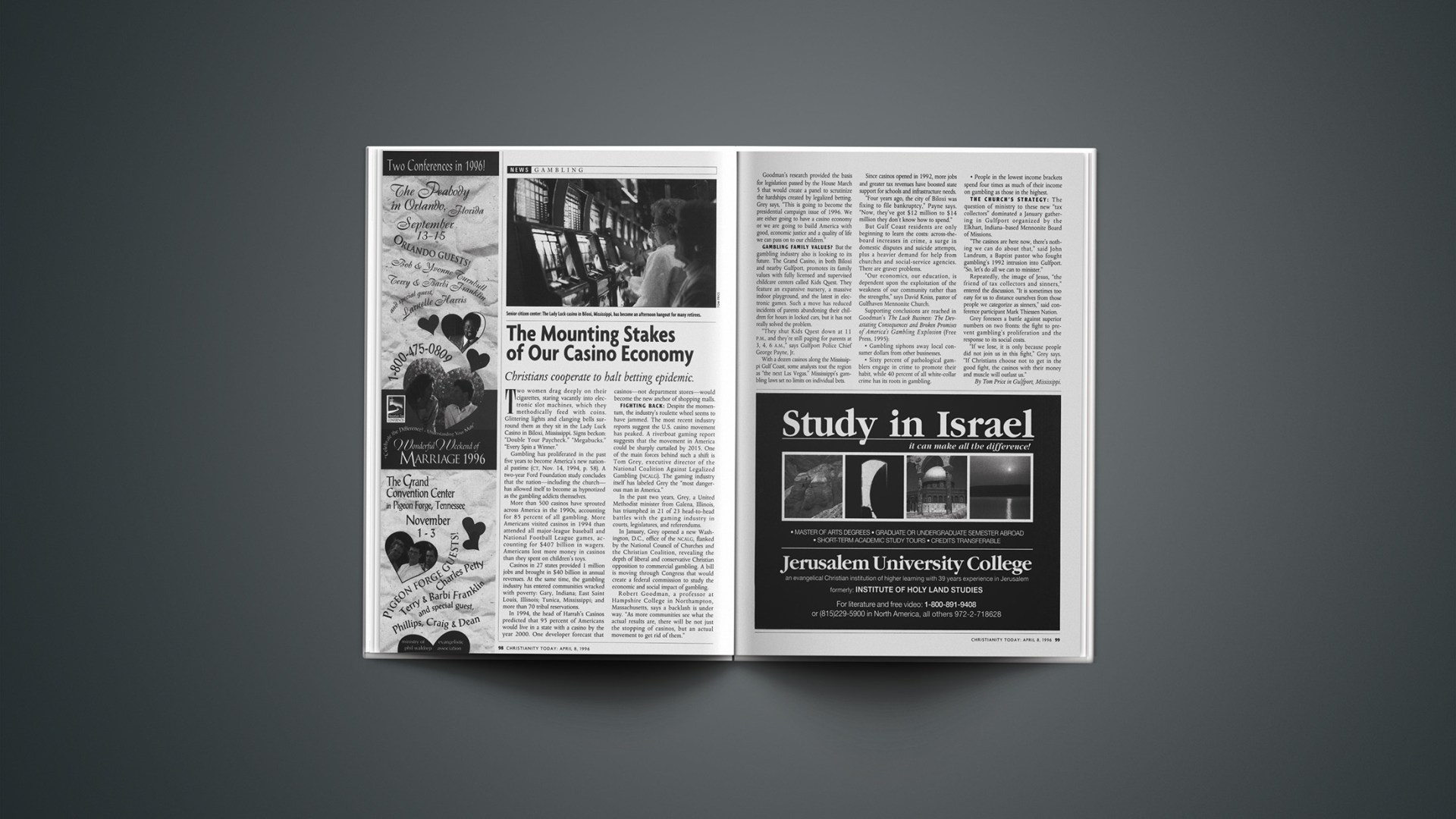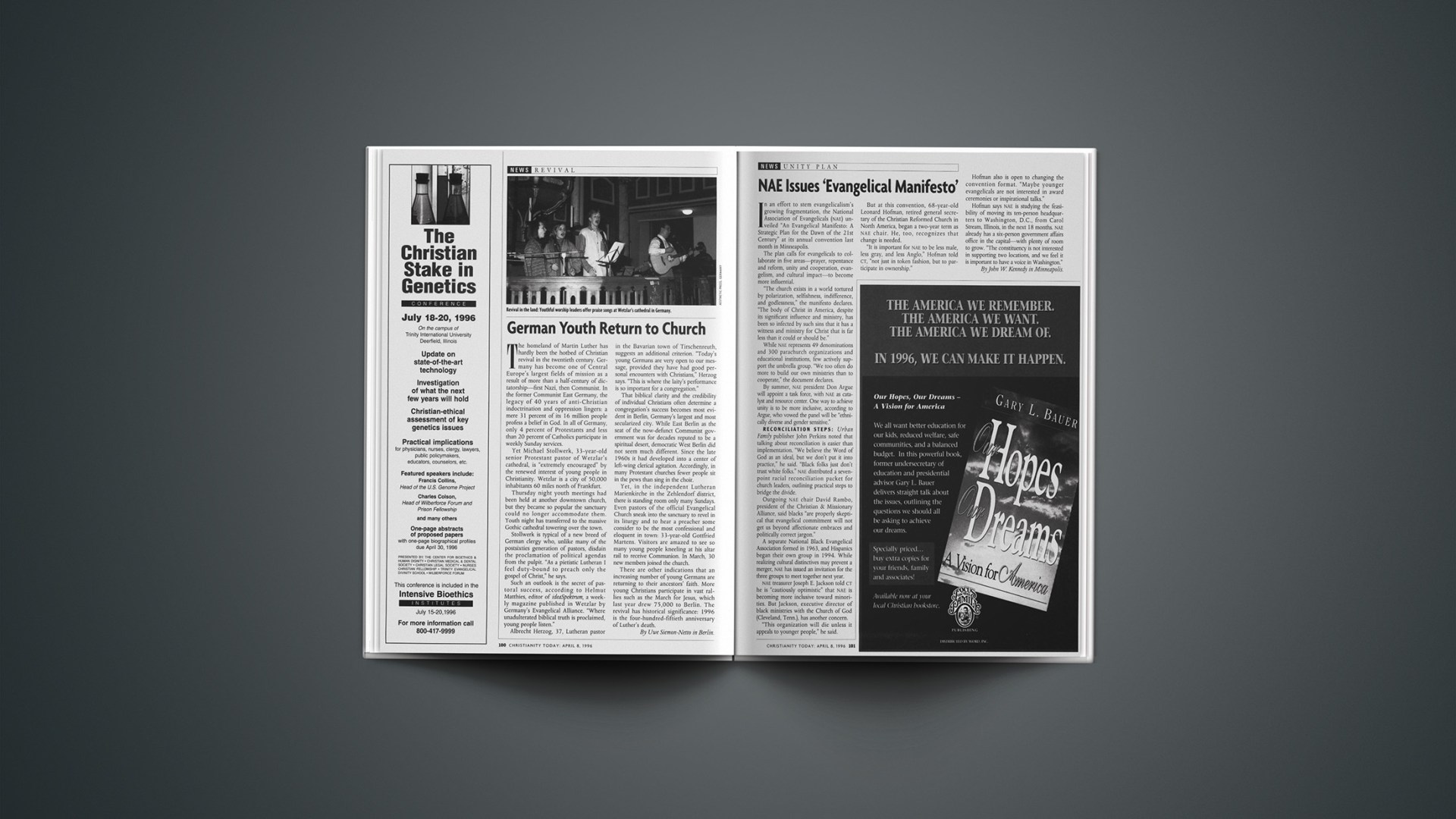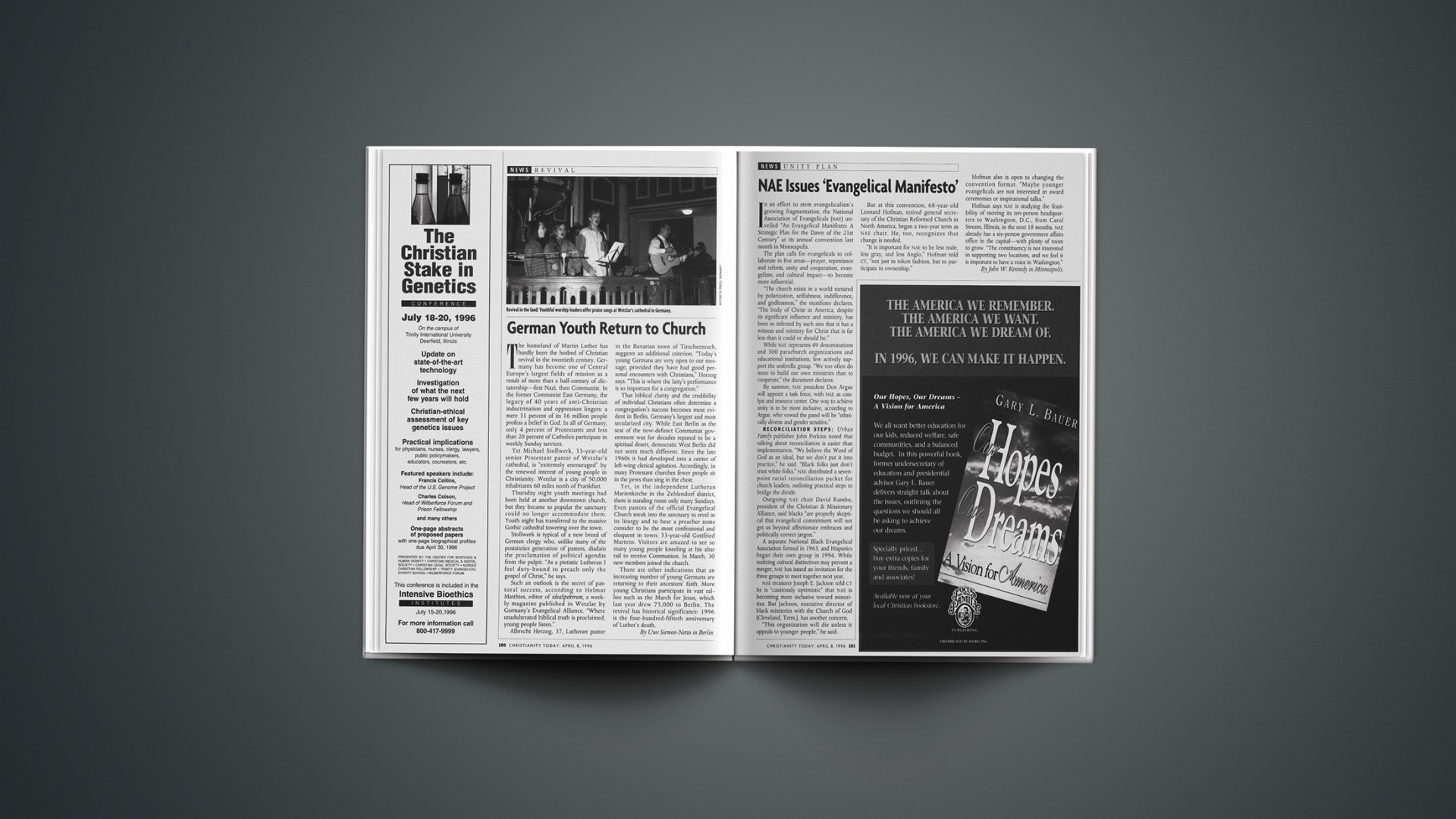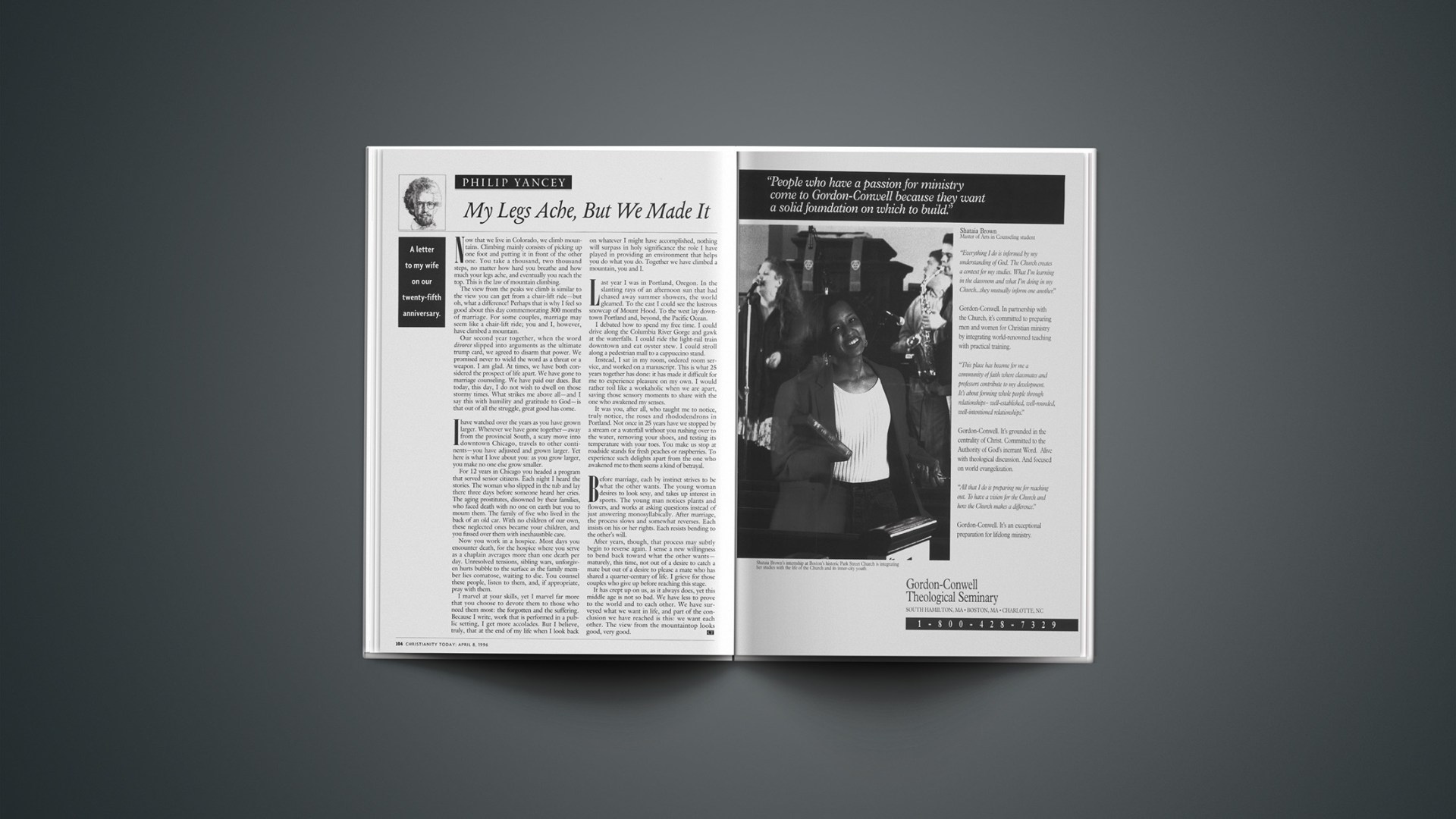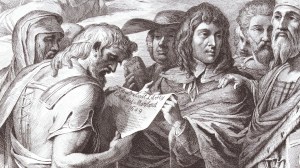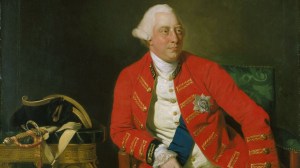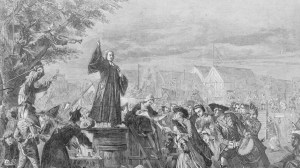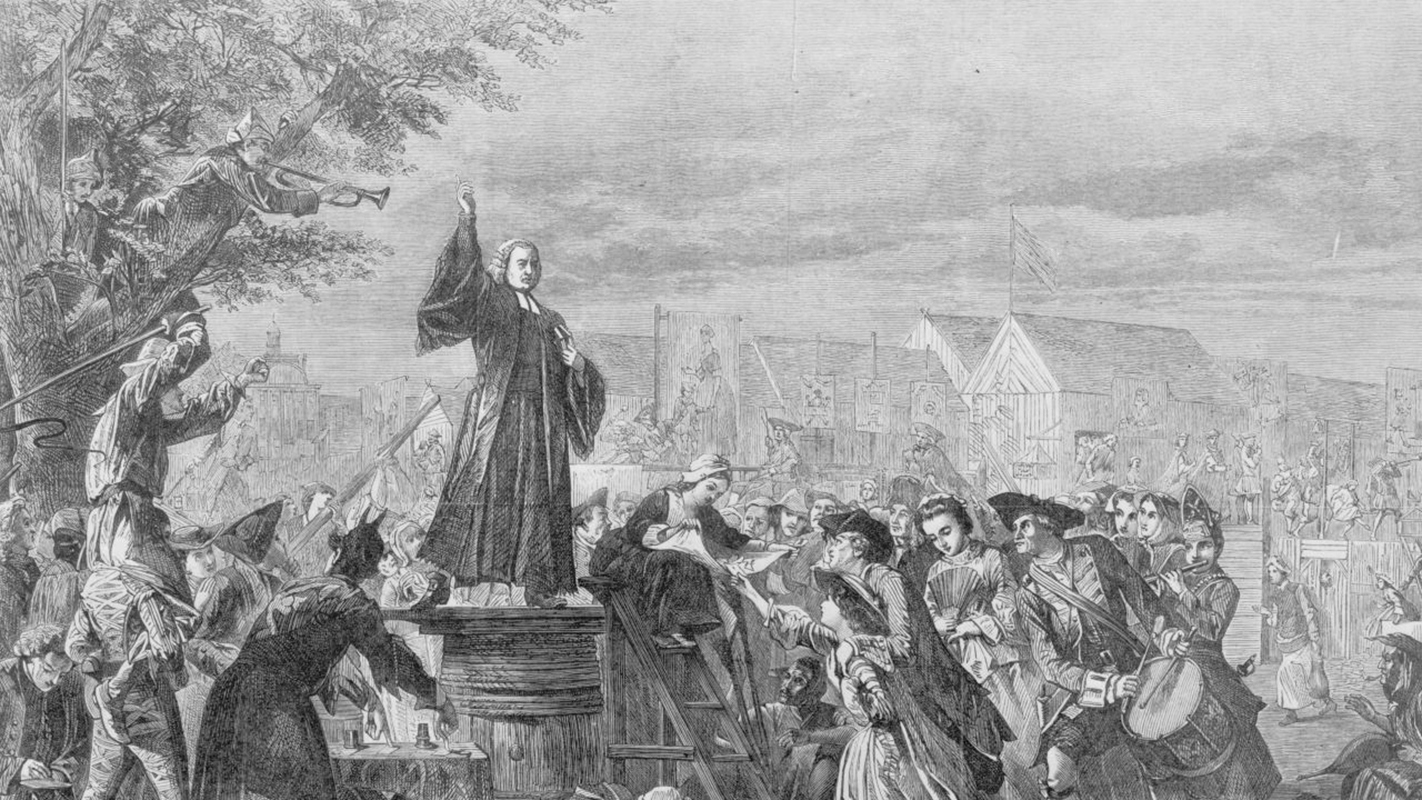Two women drag deeply on their cigarettes, staring vacantly into electronic slot machines, which they methodically feed with coins. Glittering lights and clanging bells surround them as they sit in the Lady Luck Casino in Biloxi, Mississippi. Signs beckon: “Double Your Paycheck.” “Megabucks.” “Every Spin a Winner.”
Gambling has proliferated in the past five years to become America’s new national pastime (CT, Nov. 14, 1994, p. 58). A two-year Ford Foundation study concludes that the nation—including the church—has allowed itself to become as hypnotized as the gambling addicts themselves.
More than 500 casinos have sprouted across America in the 1990s, accounting for 85 percent of all gambling. More Americans visited casinos in 1994 than attended all major-league baseball and National Football League games, accounting for $407 billion in wagers. Americans lost more money in casinos than they spent on children’s toys.
Casinos in 27 states provided 1 million jobs and brought in $40 billion in annual revenues. At the same time, the gambling industry has entered communities wracked with poverty: Gary, Indiana; East Saint Louis, Illinois; Tunica, Mississippi; and more than 70 tribal reservations.
In 1994, the head of Harrah’s Casinos predicted that 95 percent of Americans would live in a state with a casino by the year 2000. One developer forecast that casinos—not department stores—would become the new anchor of shopping malls.
FIGHTING BACK: Despite the momentum, the industry’s roulette wheel seems to have jammed. The most recent industry reports suggest the U.S. casino movement has peaked. A riverboat gaming report suggests that the movement in America could be sharply curtailed by 2015. One of the main forces behind such a shift is Tom Grey, executive director of the National Coalition Against Legalized Gambling (NCALG). The gaming industry itself has labeled Grey the “most dangerous man in America.”
In the past two years, Grey, a United Methodist minister from Galena, Illinois, has triumphed in 21 of 23 head-to-head battles with the gaming industry in courts, legislatures, and referendums.
In January, Grey opened a new Washington, D.C., office of the NCALG, flanked by the National Council of Churches and the Christian Coalition, revealing the depth of liberal and conservative Christian opposition to commercial gambling. A bill is moving through Congress that would create a federal commission to study the economic and social impact of gambling.
Robert Goodman, a professor at Hampshire College in Northampton, Massachusetts, says a backlash is under way. “As more communities see what the actual results are, there will be not just the stopping of casinos, but an actual movement to get rid of them.”
Goodman’s research provided the basis for legislation passed by the House March 5 that would create a panel to scrutinize the hardships created by legalized betting. Grey says, “This is going to become the presidential campaign issue of 1996. We are either going to have a casino economy or we are going to build America with good, economic justice and a quality of life we can pass on to our children.”
GAMBLING FAMILY VALUES? But the gambling industry also is looking to its future. The Grand Casino, in both Biloxi and nearby Gulfport, promotes its family values with fully licensed and supervised childcare centers called Kids Quest. They feature an expansive nursery, a massive indoor playground, and the latest in electronic games. Such a move has reduced incidents of parents abandoning their children for hours in locked cars, but it has not really solved the problem.
“They shut Kids Quest down at 11 p.m., and they’re still paging for parents at 3, 4, 6 a.m.,” says Gulfport Police Chief George Payne, Jr.
With a dozen casinos along the Mississippi Gulf Coast, some analysts tout the region as “the next Las Vegas.” Mississippi’s gambling laws set no limits on individual bets.
Since casinos opened in 1992, more jobs and greater tax revenues have boosted state support for schools and infrastructure needs.
“Four years ago, the city of Biloxi was fixing to file bankruptcy,” Payne says. “Now, they’ve got $12 million to $14 million they don’t know how to spend.”
But Gulf Coast residents are only beginning to learn the costs: across-the-board increases in crime, a surge in domestic disputes and suicide attempts, plus a heavier demand for help from churches and social-service agencies. There are graver problems.
“Our economics, our education, is dependent upon the exploitation of the weakness of our community rather than the strengths,” says David Kniss, pastor of Gulfhaven Mennonite Church.
Supporting conclusions are reached in Goodman’s “The Luck Business: The Devastating Consequences and Broken Promises of America’s Gambling Explosion” (Free Press, 1995):
– Gambling siphons away local consumer dollars from other businesses.
– Sixty percent of pathological gamblers engage in crime to promote their habit, while 40 percent of all white-collar crime has its roots in gambling.
– People in the lowest income brackets spend four times as much of their income on gambling as those in the highest.
THE CHURCH’S STRATEGY: The question of ministry to these new “tax collectors” dominated a January gathering in Gulfport organized by the Elkhart, Indiana-based Mennonite Board of Missions.
“The casinos are here now, there’s nothing we can do about that,” said John Landrum, a Baptist pastor who fought gambling’s 1992 intrusion into Gulfport. “So, let’s do all we can to minister.”
Repeatedly, the image of Jesus, “the friend of tax collectors and sinners,” entered the discussion. “It is sometimes too easy for us to distance ourselves from those people we categorize as sinners,” said conference participant Mark Thiessen Nation.
Grey foresees a battle against superior numbers on two fronts: the fight to prevent gambling’s proliferation and the response to its social costs.
“If we lose, it is only because people did not join us in this fight,” Grey says. “If Christians choose not to get in the good fight, the casinos with their money and muscle will outlast us.”
Copyright © 1996 Christianity Today. Click for reprint information.

